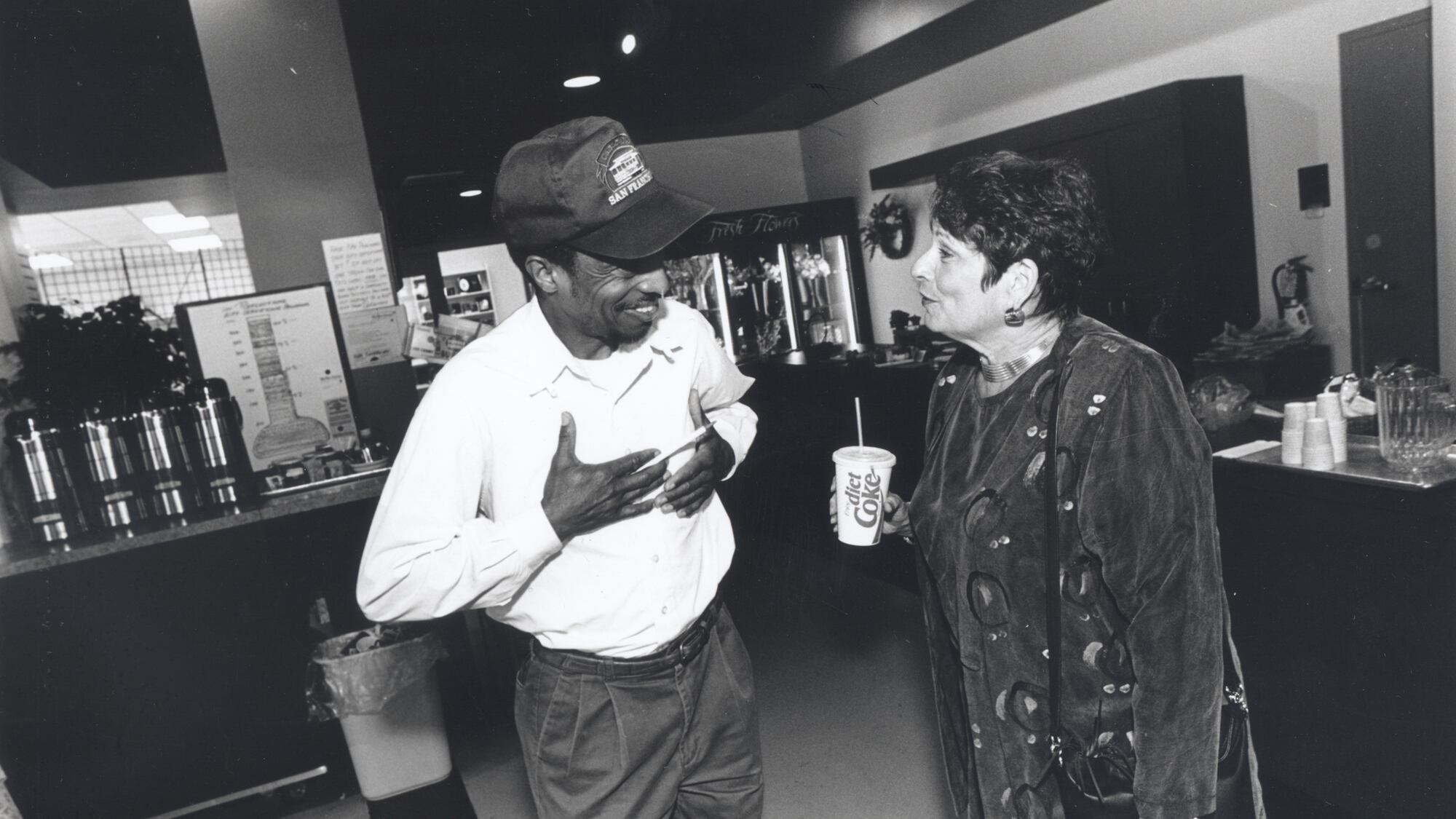Vera Katz got a lot of things done.
Any map of Portland serves as testimony: Katz championed every modern Portland landmark from Moda Center to the Aerial Tram. She ushered this city into national prominence with a bevy of big ideas that she refused to let die.
Yet a few of Katz's passion projects, both in the Oregon Legislature and the Portland mayor's office, remain unfinished.
Here are five ideas for which she never got traction:
1. The "animal tax." As a lawmaker for 20 years, including three terms as House speaker, Katz often took aim at sacred cows—and few are more sacred than the tax exemptions that social clubs such as the Elks and Moose lodges enjoy. Katz loathed the notion that private clubs, which could discriminate against whom they admitted, including women, should enjoy a property tax exemption. "Every year, she introduced the 'animal tax' bill," recalls former state Sen. Jane Cease (D-Portland). "She always introduced it."
2. Getting lawyers to work for free. While serving in the Legislature, Katz tried a little social engineering: Lawyers enjoy a lucrative monopoly, and many Oregonians cannot afford to hire legal representation. She proposed a bill that would have required all lawyers to do some pro bono work annually. "She was unafraid of the inconvenient, unsettling question," recalls former state Rep. and later Secretary of State Phil Keisling (D-Portland). "Lawyers accused her of trying to push them into indentured servitude."
3. Covering I-405. In her 1998 State of the City speech, Mayor Katz suggested repairing the deep scar cut through the westside by the construction of Interstate 405 in the 1970s. "I propose that we cover sections of I-405 and bring back a great neighborhood," Katz said. "Above I-405, and in the neighborhoods surrounding it, we have the potential to build parks, design an urban high-tech campus, provide parking, create pedestrian walks, and build housing, office and retail space."
4. Bringing Major League Baseball to Portland. When the Portland Rockies returned minor league baseball to the Rose City in 1995, Katz immediately bought two season tickets. By the following year, she'd convened a task force to begin figuring out how to bring Major League Baseball to Portland. The city's best shot came in 2003, when the Montreal Expos went looking for a new home. "This is an opportunity we can't miss," Katz told WW. We missed it.
5. Dumping the city's unusual form of government. Although she was a master at getting her four colleagues to work collaboratively, Katz decided that Portland's system, in which five commissioners enjoy broad authority over city bureaus rather than relying on a strong mayor and city manager as many cities do, was archaic. "If you want a government that's responsive and manageable, you can't continue to govern with a commission," Katz told WW on Jan. 17, 2007. "Every one of the commissioners see themselves as mayor."
